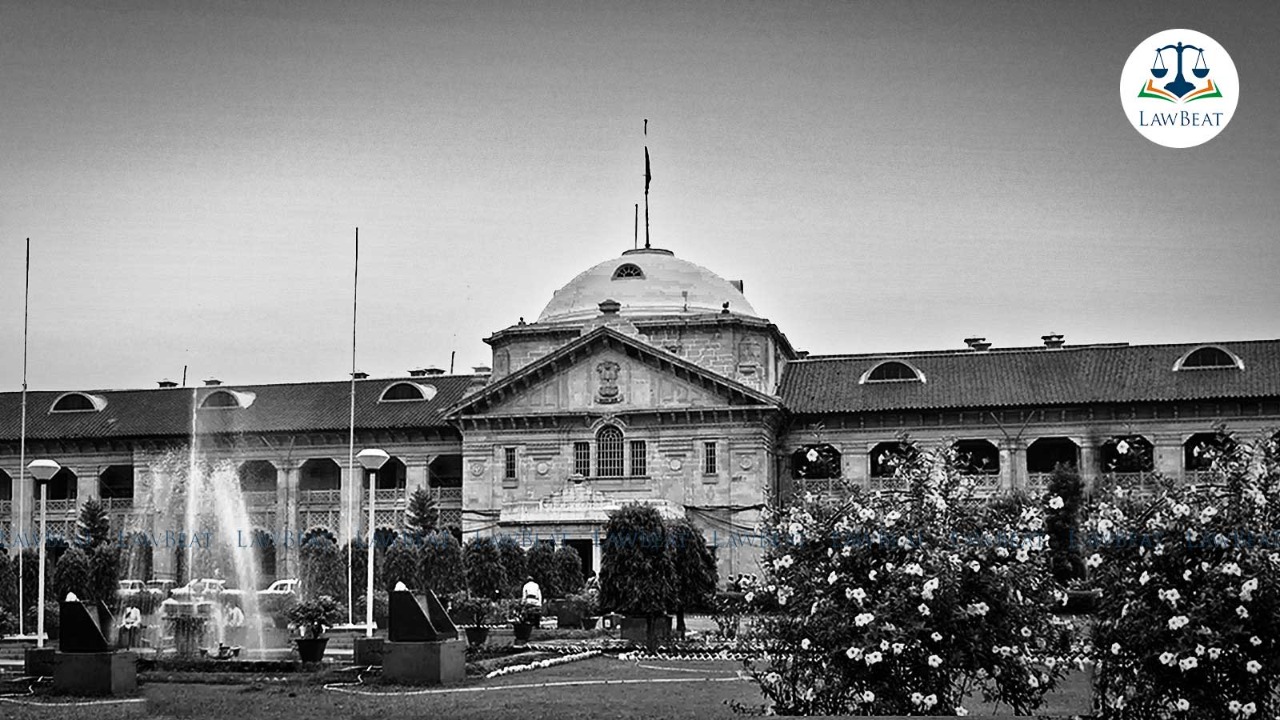Allahabad High Court grants bail to man convicted for faking his death to live with his lover

In May 2014, Chandramohan was presumed dead after a charred body was found in his burnt car on Noida-Greater Noida Expressway.
The Allahabad High Court recently granted bail to one Chandramohan, whom the Sessions Court had sentenced to life imprisonment for killing a homeless man in an attempt to fake his own death in 2014 to live with his lover.
The bench of Justice Ashwani Kumar Mishra and Justice Shiv Shanker Prasad passed the order on the bail application filed by Chandramohan in the criminal appeal moved against his conviction.
In 2019, Chandramohan had been convicted under Sections 302, 201, 202, 420, 467, 468 and 471 of the Indian Penal Code by the trial court. There was a confessional statement of Chandramohan where he disclosed that he murdered a mentally unstable person in order to fake his death.
The prosecution version was that Chandramohan's wife lodged a First Information Report in May 2014 alleging that her husband had gone missing and accused certain private persons on account of a private dispute relating to immovable property.
Subsequently, a vehicle was found in a burnt condition having a dead body in it and according to the first informant, it was the Chandramohan who was done to death by the accused persons.
The investigation continued and three months later it was found that Chandramohan was in Bangalore with his paramour. This was revealed only after, the father of Chandramohan's lover lodged a case for the abduction of his daughter.
The police arrested Chandramohan, his lover and his brother-in-law who had helped him in faking his death and on the basis of evidence adduced during the course of trial, Chandramohan had been convicted and sentenced as per above.
Before the high court, on behalf of Chandramohan, an application under Section 389(1) CrPC was filed submitting that the confessional statement which was the basis of his conviction could not be read in evidence.
Chandramohan's counsel argued that the only recovery at Chandramohan's pointing out was the recovery made after four months and of a 'petrol can' which could not be the sole basis for connecting him with the crime.
He further submitted that there was no ocular testimony of the incident and the prosecution case rested entirely upon circumstantial evidence in which the chain of events had not been joined only to support the hypothesis of guilt on Chandramohan's part.
Moreover, he stressed that neither the identity of the dead person had been established nor any other evidence had been adduced which may implicate Chandramohan in the alleged offence.
Therefore, stressing that Chandramohan has been incarcerated in jail for a period of more than 7 years and that hearing of the appeal may take sufficiently long, the counsel pressed for Chandramohan's bail.
Having considered the respective submissions and upon perusal of materials placed on record, court opined that this is a case of circumstantial evidence and the chain of events was not complete so as to point to the guilt of Chandramohan.
Accordingly, court held that Chandramohan was entitled to be released on bail.
Court further ordered the office to prepare the paper books of the appeal within two months and list it for hearing in the month of January 2023.
Case Title: Chandramohan v. State of U.P.
